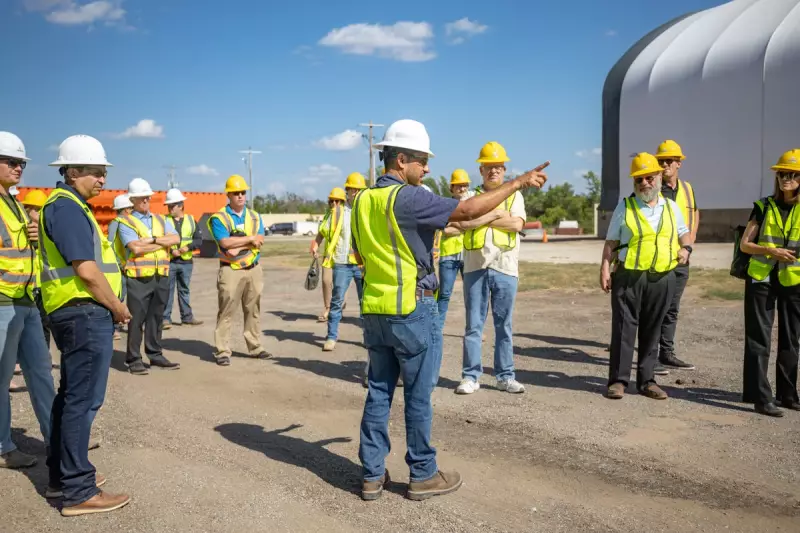
In a groundbreaking move towards sustainability, Microsoft is investigating the potential of converting human waste into renewable energy. This bold initiative aims to drastically reduce the tech giant’s carbon footprint while pioneering new solutions for environmental challenges.
The Science Behind the Idea
Microsoft’s research focuses on harnessing biogas—a byproduct of organic waste decomposition—as a clean energy source. By processing human waste through anaerobic digestion, the company hopes to generate methane, which can then be used to power data centres and other facilities.
Why This Matters
With the tech industry under increasing scrutiny for its environmental impact, Microsoft’s innovative approach could set a precedent for other corporations. The project aligns with the company’s broader commitment to becoming carbon-negative by 2030.
Potential Benefits
- Reduced Emissions: Converting waste into energy could significantly lower greenhouse gas emissions.
- Circular Economy: The initiative promotes a sustainable loop by repurposing waste.
- Cost Efficiency: Renewable energy from waste may reduce long-term operational costs.
Challenges Ahead
While the concept is promising, scaling this technology poses logistical and regulatory hurdles. Public perception and infrastructure limitations also present challenges that Microsoft will need to address.
Despite these obstacles, the company remains optimistic. "This is about rethinking waste as a resource," said a Microsoft spokesperson. "We’re committed to exploring every avenue to meet our sustainability goals."






